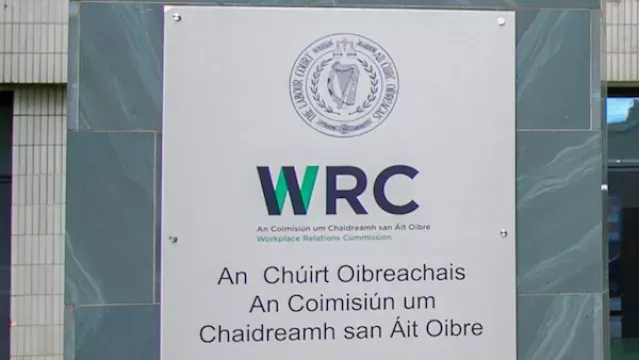The Employment Wage Subsidy Scheme
THE EMPLOYMENT WAGE SUBSIDY SCHEME
The new Employment Wage Subsidy Scheme (EWSS) comes into effect from the 31st July 2020 and is the successor to the Temporary Wage Subsidy Scheme (TWSS), which will cease on the 31st August 2020. This business support focuses primarily on business eligibility and unlike the TWSS, provides a flat-rate subsidy to qualifying employers based on the numbers of paid and eligible employees on the employer’s payroll.
This scheme is expected to continue until 31 March 2021. Between the 31st July and the 1st September 2020 both schemes will run in parallel and any person entered into a scheme after the 31st July will have to qualify under the EWSS.
Based on the legislation as published, key features of the EWSS are set out below. The legislation has not yet been signed into law but is expected to be shortly.
QUALIFYING CRITERIA FOR EMPLOYERS
The scheme will apply to businesses who are employers who, because of Covid-19 related restrictions, are unable to pay their liabilities and who have filed all required PAYE, VAT and employment contributions returns.
To qualify for the scheme, a Company must be able to demonstrate that:
• the business will experience a 30% reduction in turnover or orders between 1 July and 31 December 2020
and
• this disruption is caused by COVID-19.
This reduction in turnover or orders is relative to:
• the same period in 2019 where the business was in existence prior to 1 July 2019
• the date of commencement to 31 December 2019
• or
• where a business commenced after 1 November 2019, the projected turnover or orders.
A company will be required to undertake a review on the last day of every month to ensure it continues to meet the above eligibility criteria. If it no longer qualifies, it should deregister for the EWSS with effect from the following day (that being the 1st of the month).
CHILDCARE BUSINESSES
Childcare businesses registered in accordance with Section 58C of the Child Care Act 1991 are also included in the scheme.
ELIGIBLE EMPLOYEES The scheme is expected to be open to all sectors and both new hires and seasonal staff will be eligible –such employees were previously outside of the scope of the TWSS. Certain categories of employees are currently to be excluded (such as proprietary Directors and connected people who have not received emoluments during the period March 2020 to 30th June 2020). Safeguards will be included to minimise abuse.
The scheme will be administered by Revenue on a 'self-assessment' basis. The EWSS will re-establish the normal requirement to operate PAYE on all payments. This includes the regular deduction and remittance of income tax, USC and employee PRSI.
From 31 July:
• TWSS employers can claim for non-TWSS employees (new hires) under the new EWSS.
• Non-TWSS employers, who have not previously availed of TWSS, will only be eligible to apply for the EWSS.
• TWSS employers will still be able to rehire eligible employees and continue to operate TWSS to 31 August 2020.
SUBSIDY SUPPORT
The level of subsidy the employer will receive is per paid employee:
Level of subsidy the employer will receive is per paid employee:
Employee Gross Weekly Wages Subsidy Payable
Less than € 151.50 Nil
From € 151.50 to € 202.99 €151.50
More than € 203 and less than € 1,462 €203.00
More than € 1,462 Nil
This support will be backdated to 1 July for employees of qualifying employers who did not qualify for TWSS.
PRSI
A 0.5% rate of employers PRSI will continue to apply for employments that are eligible for the subsidy.
Publication
In line with international practice a list of employers availing of EWSS will be published in January 2021 and April 2021 to www.revenue.ie.
FURTHER DETAILS ON THE UPDATE OR ABOUT OUR SERVICES MAY BE OBTAINED FROM:
JOHN BARRY/TARA DALY/ HUGH HEGARTY AT TEL: 01 8870690












